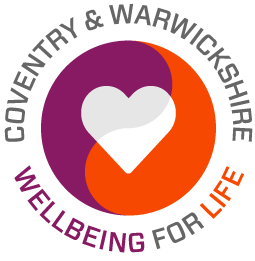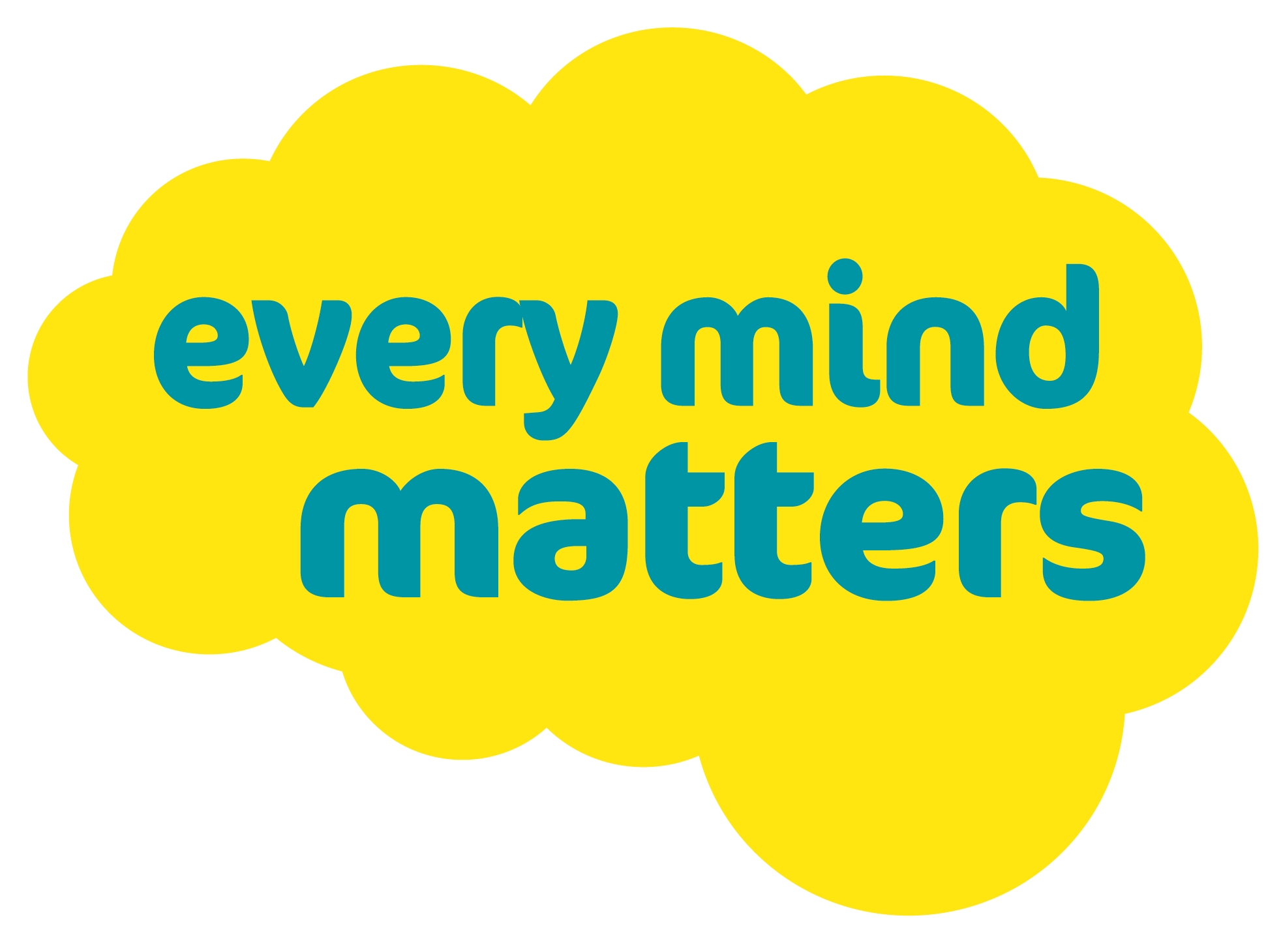| Worried about someone | Looking after yourself | I've been bereaved | Young people | Dear life blog |
I'm worried about someone
Advice on how to recognise the signs that someone needs help
Overview
You may have noticed that someone is not behaving as they normally would, or you have the feeling that something is not right with that person.
People who are thinking about suicide can sometimes show warning signs or risk indicators. This section will support you to think about what these signs could be and guide you on practical steps you can take to help someone in this situation and where you can access support.
No list of warning signs is complete, this is a guideline to help if you are worried. The only way to be sure whether someone is thinking about suicide is to ask.
If you are talking to someone who tells you that they are feeling suicidal and have a plan that they are going to act upon, do not leave the person on their own and do one of the following:
People who are thinking about suicide can sometimes show warning signs or risk indicators. This section will support you to think about what these signs could be and guide you on practical steps you can take to help someone in this situation and where you can access support.
No list of warning signs is complete, this is a guideline to help if you are worried. The only way to be sure whether someone is thinking about suicide is to ask.
If you are talking to someone who tells you that they are feeling suicidal and have a plan that they are going to act upon, do not leave the person on their own and do one of the following:
- Call 999
- Call 111
- Take the person to the nearest emergency department (A&E) at your local hospital
Potential Warning Signs
Here are some examples of potential signs that might let you know that someone could be thinking about suicide:
Actions:
- giving possessions away
- writing a will
- behaving in risky ways
- becoming withdrawn
- increasing use of drugs or alcohol
- stockpiling pills
Saying:
- they feel people would be better off without them
- their life has no purpose
- they would be better off dead
- they want a way out of pain or a difficult situation
- negative things about themselves
Life altering experiences such as:
- abuse
- bereavement
- relationship breakdown
- failing exams
- rejection
- financial difficulties
More subtle changes can include:
- becoming anxious
- being more irritable
- being more confrontational
- having mood swings
- sleeping too much or too little
- not wanting to be around other people
- avoiding contact with friends and family
- having different problems with work or studies.
Steps you can take to help
Asking someone if they are considering suicide can be a daunting question, but it is safe to ask and helps both of you to be clear about the situation. Asking about suicide shows that you care enough to want to know how someone really is, and gives them permission to talk honestly about a difficult and stigmatised subject.
Many people fear talking directly about suicide in case they ‘give the person the idea’, but there is no evidence that talking about suicide can be harmful – quite the opposite in fact. For many people it can be a huge relief to be asked the question in a direct way.
Here are a few examples of how you may ask:
If the person tells you they are considering suicide, ask if they have a plan. Listen without judgement which can help them to talk. Stay calm, and do not worry about having the answers. Just having someone to listen with compassion and patience can help people feel less alone and less overwhelmed. If you still feel like they’re not answering honestly, ask twice.
Find out what kind of help they would appreciate: it might not be a professional service but could be a friend, family member, partner or other trusted person.
Many people fear talking directly about suicide in case they ‘give the person the idea’, but there is no evidence that talking about suicide can be harmful – quite the opposite in fact. For many people it can be a huge relief to be asked the question in a direct way.
Here are a few examples of how you may ask:
- have things got so bad that you are thinking about suicide?
- Sometimes when people talk about the feelings/situations you’ve been describing, they’re thinking about suicide. Are you thinking about suicide?
- The things you’ve been saying make me wonder if you’re thinking about suicide. Is that how you’re feeling right now?
If the person tells you they are considering suicide, ask if they have a plan. Listen without judgement which can help them to talk. Stay calm, and do not worry about having the answers. Just having someone to listen with compassion and patience can help people feel less alone and less overwhelmed. If you still feel like they’re not answering honestly, ask twice.
Find out what kind of help they would appreciate: it might not be a professional service but could be a friend, family member, partner or other trusted person.
Professional Services
Below is a list of national and local services which can offer assistance.







If you are talking to someone who tells you that they are feeling suicidal and have a plan that they are going to act upon, do not leave the person on their own and do one of the following:
Check out the Dear Life Blog for upcoming news and service updates
Coventry and Warwickshire Partnernship NHS Trust
For mental health support, your local NHS Mental Health Service can be contacted on 111, available 24/7.
Clicking this box will open a new window
Clicking this box will open a new window

Coventry
North Warwickshire
Rugby
South Warwickshire
Coventry Safe Haven
For out-of-hours crisis support, contact Coventry Safe Haven - Open 6pm-11pm every day.
Contact the team in the following ways: Call: 07483 991 848. Email: coventryhaven.mhm@nhs.net. Visit: Safe Haven Coventry & Warwickshire: The Retreat, Bond St, Nuneaton, CV11 4DA. Web: https://www.mhm.org.uk/coventry-safe-haven
Clicking this box will open a new window
Clicking this box will open a new window

Coventry
South Warwickshire
Kooth
Visit Kooth, a free, safe and anonymous digital counselling and support service for children and young people aged 11 - 25 years.
Clicking this box will open a new window
Clicking this box will open a new window

Coventry
North Warwickshire
Rugby
South Warwickshire
Mental Health Helpline and Webchat
A free 24/7 confidential helpline providing emotional support to residents of Coventry & Warwickshire.
Call: 0800 616 171
Clicking this box will open a new window
Clicking this box will open a new window

Coventry
North Warwickshire
Rugby
South Warwickshire
Rise (Children and Adolescent Mental Health Services)
Rise is a family of NHS-led services providing emotional wellbeing and mental health services for children and young people in Coventry and Warwickshire.
If you are under 18, or worried about somebody who is, call 111.
Clicking this box will open a new window
Clicking this box will open a new window

Coventry
North Warwickshire
Rugby
South Warwickshire
Samaritans
For immediate emotional support, call Samaritans national helpline 116 123 free from any phone
Coventry Samaritans: 0330 094 5717 local call charges apply.
Clicking this box will open a new window
Clicking this box will open a new window

Coventry
North Warwickshire
Rugby
South Warwickshire
Warwickshire Safe Haven
For out-of-hours crisis support, contact Warwickshire Safe Haven - Open 6pm-11pm every day.
Contact the team in the following ways: Call: 02477 714 554. Text: 07970 042 270. Email: safehaven@cwmind.org.uk. Visit: Safe Haven Coventry & Warwickshire: The Retreat, Bond St, Nuneaton, CV11 4DA. Web: https://cwmind.org.uk/warwickshire-safe-haven-nuneaton/
Clicking this box will open a new window
Clicking this box will open a new window

North Warwickshire
Rugby
South Warwickshire
If you are talking to someone who tells you that they are feeling suicidal and have a plan that they are going to act upon, do not leave the person on their own and do one of the following:
- take the person to the nearest emergency department at your local hospital
- Call 111
- call 999 to keep them or you safe.
Check out the Dear Life Blog for upcoming news and service updates
Other resources
Free Suicide Prevention Training from the Zero Suicide Alliance
For more help with approaching the topic of suicide, take the Zero Suicide Alliance 20-minute free training
Clicking this box will open a new window
Clicking this box will open a new window

Health Scotland
Resource from Health Scotland - The art of conversation: A guide to talking, listening and reducing stigma surrounding suicide
Clicking this box will open a new window
Clicking this box will open a new window

Samaritans
Resources from Samaritans provide further information on what you can do if you are worried about someone
Clicking this box will open a new window
Clicking this box will open a new window

Stay Alive App
Stay Alive app, a free suicide prevention pocket resource designed for everyone, containing local mental health and suicide prevention information all in one place.
Clicking this box will open a new window
Clicking this box will open a new window

Staying Safe
Staying Safe is designed to help people through the process of writing their own safety plan
Clicking this box will open a new window
Clicking this box will open a new window

Self-harming
Self-harm or self-injury is a form of behaviour that is used to cope with negative feelings.
If you are worried about someone who is self-harming, the following is a list of support resources.




If you are worried about someone who is self-harming, the following is a list of support resources.
Calm Harm App
Calm Harm app provides tasks to help resist or manage the urge to self-harm
Clicking this box will open a new window
Clicking this box will open a new window

We Can Talk
Co-produced children and young people’s mental health training, advice and resources for hospital staff
Clicking this box will open a new window
Clicking this box will open a new window

Young Minds - No Harm Done
Toolkits, videos and guides to getting through self-harm and coming out the other side
Clicking this box will open a new window
Clicking this box will open a new window

Young Minds – Guidance for Parents
This webpage provides guidance for parents of young people who self-harm
Clicking this box will open a new window
Clicking this box will open a new window

How to look after yourself
Knowing that someone is thinking about suicide, can be distressing for you and could have an impact on your own mental health and wellbeing. It’s important that you know where to access support for yourself.
Go to the ‘looking after yourself’ section for more ideas.
Go to the ‘looking after yourself’ section for more ideas.












